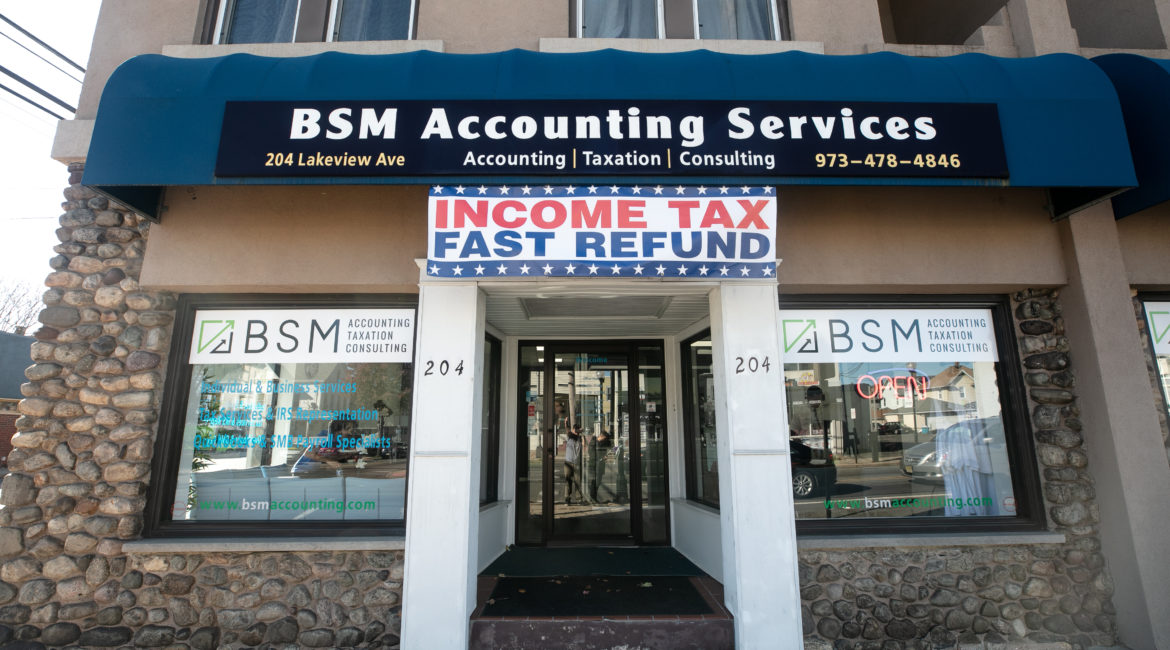Are you struggling to come up with ways of Settling Your Tax Debt in NJ?
It can be an overwhelming and daunting task, but it doesn’t have to be. With the right knowledge, you can bring yourself financial security by resolving your tax issues.
This guide will provide step-by-step advice on how to successfully resolve your back taxes so that you don’t find yourself overwhelmed by high-interest payments or other unforeseen issues down the road.
Learn more about what options are available for those hoping to pay their back taxes without wreaking further havoc on their finances.
Settling tax debt in New Jersey
Settling tax debt in New Jersey is an important process for individuals and businesses alike.
By taking the necessary steps to settle any outstanding debt, taxpayers can protect themselves from further financial hardship. When it comes to resolving your tax debt in New Jersey, there are several options available.
Some of these include paying off your debt in full through a lump sum payment or a payment plan; negotiating with the state to reduce the total amount owed; or filing for bankruptcy if all other avenues have been exhausted.
When deciding on how to best handle your tax debt, it is important to understand the regulations of settling taxes in New Jersey and what your options are. The state has specific rules when it comes to settling debts, and it is essential to be aware of them before making any commitments.
It is also important to consider whether you should seek professional help such as consulting a tax attorney or an accountant who specializes in tax issues.
Doing so will allow you to make more informed decisions regarding your finances and ensure that you are taking the best course of action for your particular situation.
What are Your Options for Resolving Back Taxes?
When it comes to dealing with back taxes in New Jersey, there are a variety of options available to taxpayers seeking resolution.
One of the most common is to set up a payment plan with the state’s Department of Taxation. Under this option, taxpayers can agree to pay off their debt over an extended period of time in monthly installments.
Payment plans are typically tailored to fit each individual taxpayer’s financial situation and often include a payment schedule that is reasonable and flexible. In some cases, a partial payment plan may be accepted as well.
Taxpayers may also be able to negotiate an Offer in Compromise, or OIC.
This allows those facing financial hardship due to their tax debt to settle for an amount less than what they owe, though it does require approval from the Department of Taxation and proof that the full amount cannot be paid off in one lump sum.
Those who have been granted an OIC must keep up with their payments until their debt has been fully satisfied.
In addition, if taxpayers fail to make satisfactory arrangements for repayment, the Department of Taxation may issue a lien against them and seize any assets necessary for collection purposes.
This could include bank accounts, vehicles, or real estate holdings. A lien can also negatively impact credit ratings, so it is important that anyone facing back taxes takes steps toward resolving them as soon as possible before more serious action is taken by the state.
Overall, there are a number of different options available when it comes to resolving back taxes in New Jersey.
That being said, it’s critical for taxpayers to understand all their choices so that they can make the best decision for their individual situation and get on track toward paying off any outstanding tax debts they may have accrued over time.
Tips for Understanding Your Tax Debt Situation
When it comes to understanding your individual tax debt situation, the first step is to calculate the total amount of taxes you owe.
To do this, you will need to review your past tax returns and any financial documents related to your income or transactions that may have been taxable. Once you have a figure, it’s important to take into account any deductions or credits you may be eligible for that can reduce the total amount owed.
Additionally, familiarizing yourself with payment deadlines and late fees associated with your tax debt can help ensure you remain in compliance with IRS requirements.
It’s also wise to research federal and state programs available for those having difficulty paying their taxes as well as other options such as installment plans or negotiated settlements.
Taking the time to understand all the details of your individual tax debt situation can help alleviate some of the stress associated with this process and potentially save you money in the long run.
What are the Benefits of Settling Your Tax Debt in NJ?
When it comes to resolving back taxes, the benefits are plentiful. First and foremost, paying off your tax debt helps you avoid high-interest payments that can accumulate over time.
Additionally, settling your tax debt can help protect your financial future. Tax liens and levies often lead to frozen bank accounts or garnished wages, which can be detrimental to an individual’s financial stability. Moreover, resolving back taxes can often prevent other unforeseen issues from arising in the future.
For instance, if an individual owes back taxes from several years ago, they may have difficulty obtaining credit or loans in the future due to their unpaid debt. Settling this debt now will help ensure better financial security in the long run. Lastly, settling your taxes can also benefit you in terms of stress relief.
Looming tax debt can be a major source of anxiety for individuals as they worry about how they are going to pay it off and maintain their financial security at the same time.
Resolving this issue sooner rather than later allows individuals to move forward with more peace of mind.
Ready to start settling your tax debt in NJ?
The IRS can be intimidating and dealing with tax debt can be an overwhelming experience.
Having tax debt in New Jersey can be a major source of stress, but it doesn’t have to be.
Taking the time to understand your individual situation and learning what options are available to you can help you make an informed decision that is best for your particular financial security.
Knowing all of this can be especially beneficial when creating payment plans to resolve back taxes, as each person’s situation is unique and requires the right plan tailored to fit their specific needs.
Ultimately, though resolving back taxes can take time and effort, the benefits are worth it, helping taxpayers stay in control of their finances and avoid being burdened by high-interest payments or any other unforeseen issues down the road.
Don’t let your tax debt control you–take action with understanding and knowledge so you’re able to receive the best resolution possible for your individual case.
If you’re looking for help or guidance through this process, contact the professionals at BSM Accounting Services and start settling your text debt in NJ today!





